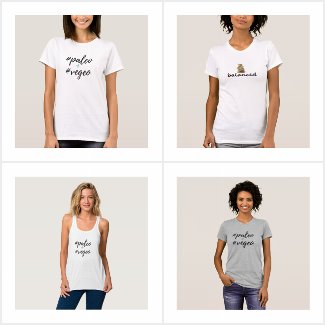Exercise Slows Aging, Study Says it's a FOXO Protein
What are they? FOXO proteins are a subgroup of the Forkhead family of transcription factors. This family is characterized by a conserved DNA-binding domain (the ‘Forkhead box’, or FOX) and comprises more than 100 members in humans, classified from FOXA to FOXR on the basis of sequence similarity. These proteins participate in very diverse functions: for example, FOXE3 is necessary for proper eye
development, while FOXP2 plays a role in language acquisition.
Members of class ‘O’ share the characteristic of being regulated by the insulin/PI3K/Akt signaling pathway. Exercise training significantly increased FOXO3a protein in the heart and FOXO3a in the adipose tissue of aged rats. Exercise training significantly increased FOXO3a protein in the heart and FOXO3a mRNA in adipose tissue of aged rats. In this study they concluded that exercise training, which significantly increases SIRT1 activity, could counteract age-related systems impairment.
So what's originally was found when they studied to see what made yeast age. This lead to the research that they have done on Resveratrol and it's effects on our aging process, and the SIRT1 activity.
What the newest research shows:
So what I found most interesting in this study is that they have said all along that exercise will fight aging because it increases the FOXO3a protein. But reporting in the Sept. 3 issue of Molecular and Cellular Biology, found that FOXO3a, a transcription factor that regulates gene expression, becomes active when growing cancer cells begin to starve. Their research suggests that this protein then turns on molecular switches that allow the cancer cells to invade surrounding tissues. Resveratrol 'clips' these proteins. MU researchers found that when the cancer was treated with resveratrol alone, 44 percent of the tumor cells were killed.Below, Donna Antarr, M.D. and William Amzallag, M.D. discuss the benefits of my choice of Resveratrol, Reserve. Please listen and you will learn all about the science behind resveratrol as well as the other natural anti-oxidants found in Reserve - like grapeseed, blueberry, and aloe vera! Learn how this product can defend against aging by resisting that oxidative stress and free radical damage. If you've read the news - so many of these anti-oxidants are bad for us, and the science was never done before we started using them. Unlike those, resveratrol has been getting lots of studies and the results are amazing!!

































0 comments:
Post a Comment